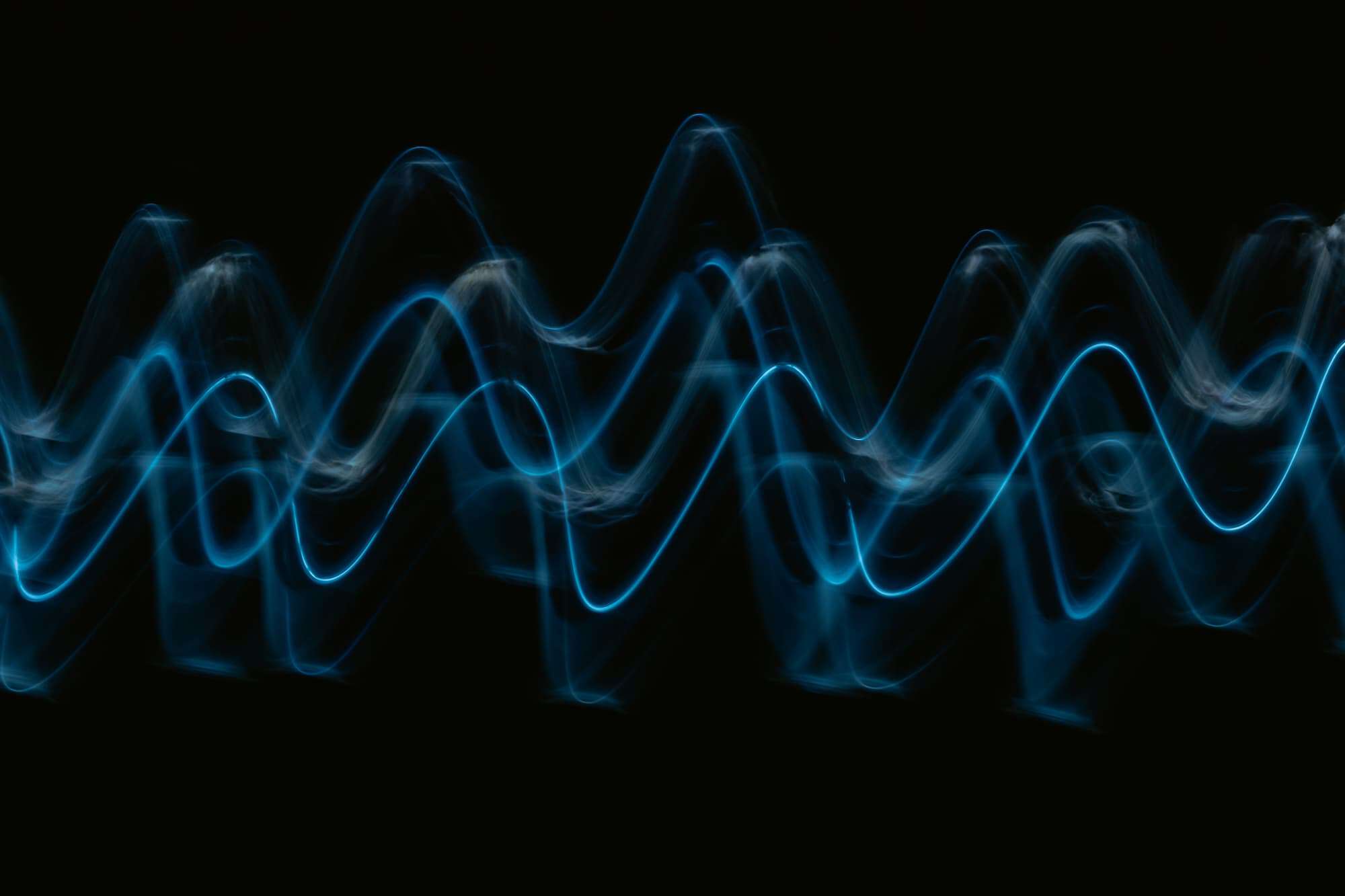The Physics of Sound is a fascinating topic. The study of sound and how it affects the world around us has been going on for hundreds of years. It’s important to know how sound works to understand why some sounds are pleasant while others are not – and, more importantly, what we can do about them!
What is the physics of sound concepts?
The sound is a vibration that you can feel as well as hear.
The movement of particles in matter creates sound waves, and they bounce off surfaces before traveling to your ears or other sensing apparatus. It’s these vibrations that give us information about how hard something hits a surface, for example. Sound travels through air at different speeds depending on its wavelength (the shorter the wavelength, the faster it moves).
What causes sound physics?
The production, transmission, and reception of sound are all caused by the same thing: vibrations in the matter.
Sound can be produced when a string is plucked or struck with an object. For example, it may also come from a speaker that moves air molecules to create waves (similar to how ocean waves propagate through water). The motion of these particles causes pressure changes which we feel as sounds.
We listen more closely to certain frequencies because they tend to carry information about different things – low-frequency ranges help us detect qualities like size and shape. In contrast, high-frequency sounds help identify speech patterns and various noises around us. This is why some animals have better hearing than humans do!
What can sound not travel through?
Sound travels through all the same mediums as light waves, but the sound doesn’t travel well in a vacuum.
It also cannot travel around corners or into narrow spaces as liquids and solids can. The physics of sound is closely related to the properties of matter; often, it will be bounced off other material surfaces before traveling onward towards your ears.
These conditions make sense if you think about how water behaves when hitting a surface – we see this every day on our kitchen faucet! When sound hits an object, for example, it may change its shape (altering some quality) while at the same time reflecting outwards from that surface. This means that sounds are reflected by mirrors too!
Do sound waves exist forever?
No, the sound waves will disappear as objects around them absorb their energy. However, we can still hear an echo if a sound wave bounces off of one object and hits another because they’re reflecting it back!
Sound absorption also happens in liquids and solids – so be sure not to shout into your drink or talk too loudly at someone on the phone when you’re having dinner with them. Sound travels through the air much more quickly than it does water, which has many denser molecules spread out over a larger area to absorb vibrations better; this means that sounds are heard better underwater than on land.
Where does sound go after we hear it?
After we hear a sound, it dissipates, and the waves stop moving. The production, transmission, and reception of sound are all caused by the same thing: vibrations in the matter. Sound can be produced when a string is plucked or struck with an object; it may also come from speakers who move air molecules to create waves (similar to how ocean waves propagate through water).
How does sound travel underwater?
Sound travels through the air much more quickly than it does water, which has many denser molecules spread out over a larger area to absorb vibrations better. This means that sounds are heard better underwater than on land.
At the same time, sound waves move slower in dense materials like liquids and solids; they can also travel around corners or into narrow spaces like these because of this property. Sound absorption happens in all three mediums – so be sure not to shout into your drink or talk too loudly at someone on the phone when you’re having dinner with them!
In terms of distances traveled, there is no difference between light waves and sound waves. They both have an infinite range until they hit something (either matter or transparent space).
Is sound louder in water?
Sound travels faster in water than other materials because sound waves travel at different speeds depending on what they’re touching – like the air particles that surround them. They will also bounce off surfaces as mirrors do!
Any noise we hear underwater has been transmitted to us due to these acoustic properties. Still, since sounds don’t reverberate well inside liquids and solids, there’s no difference between hearing someone speak loudly while standing next to them.


